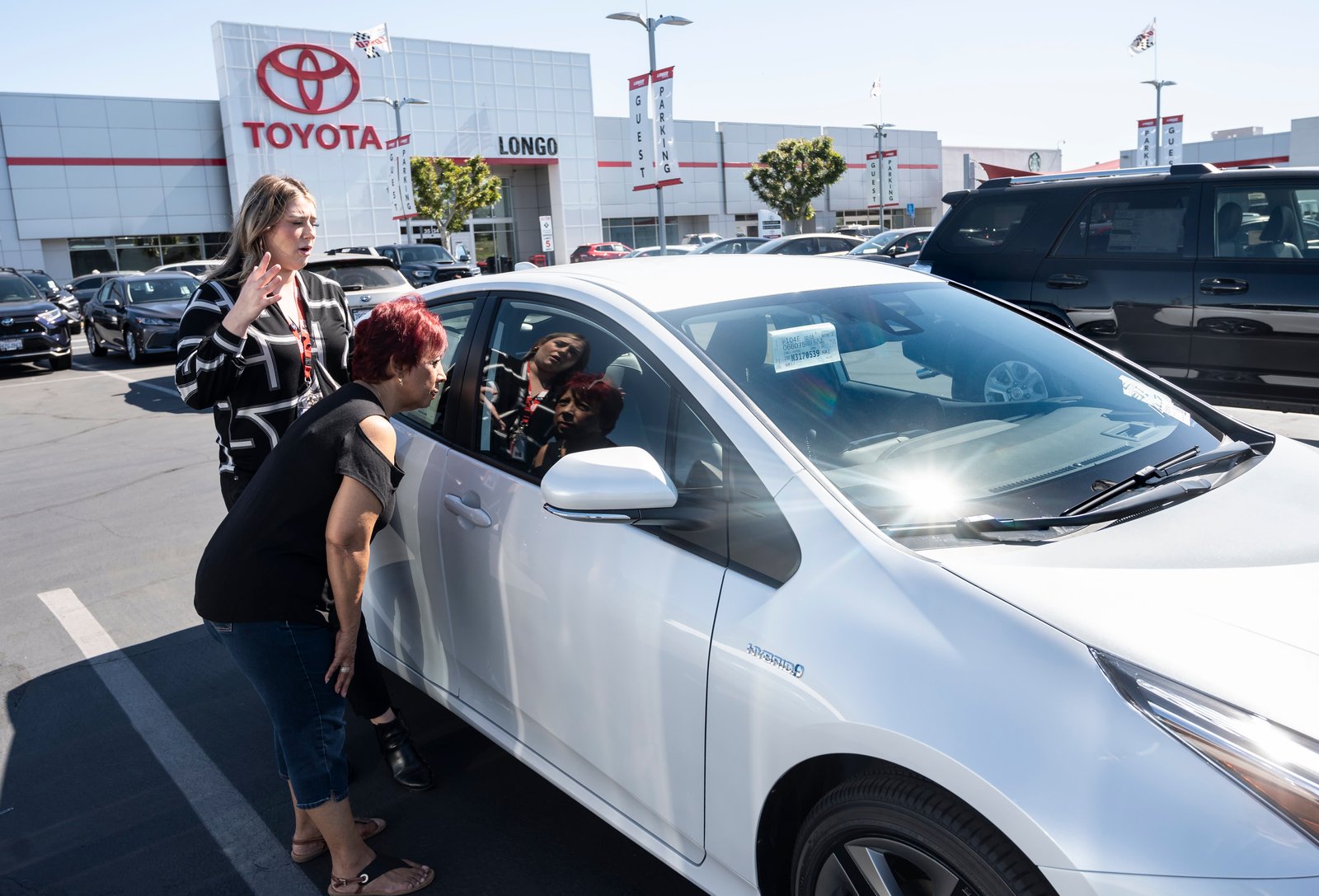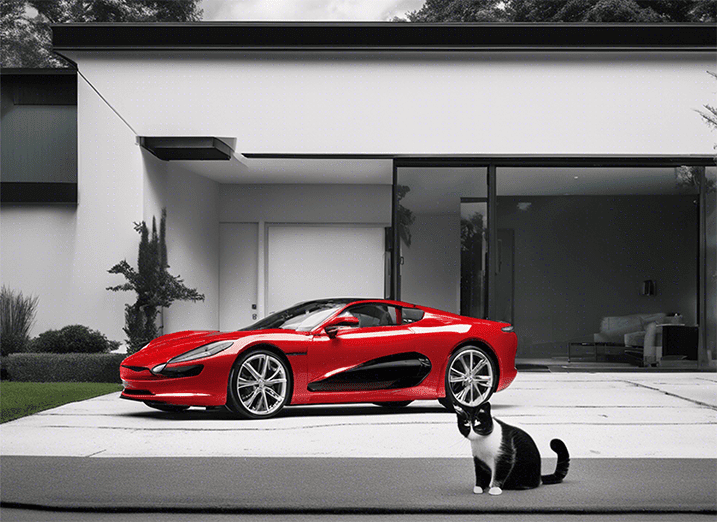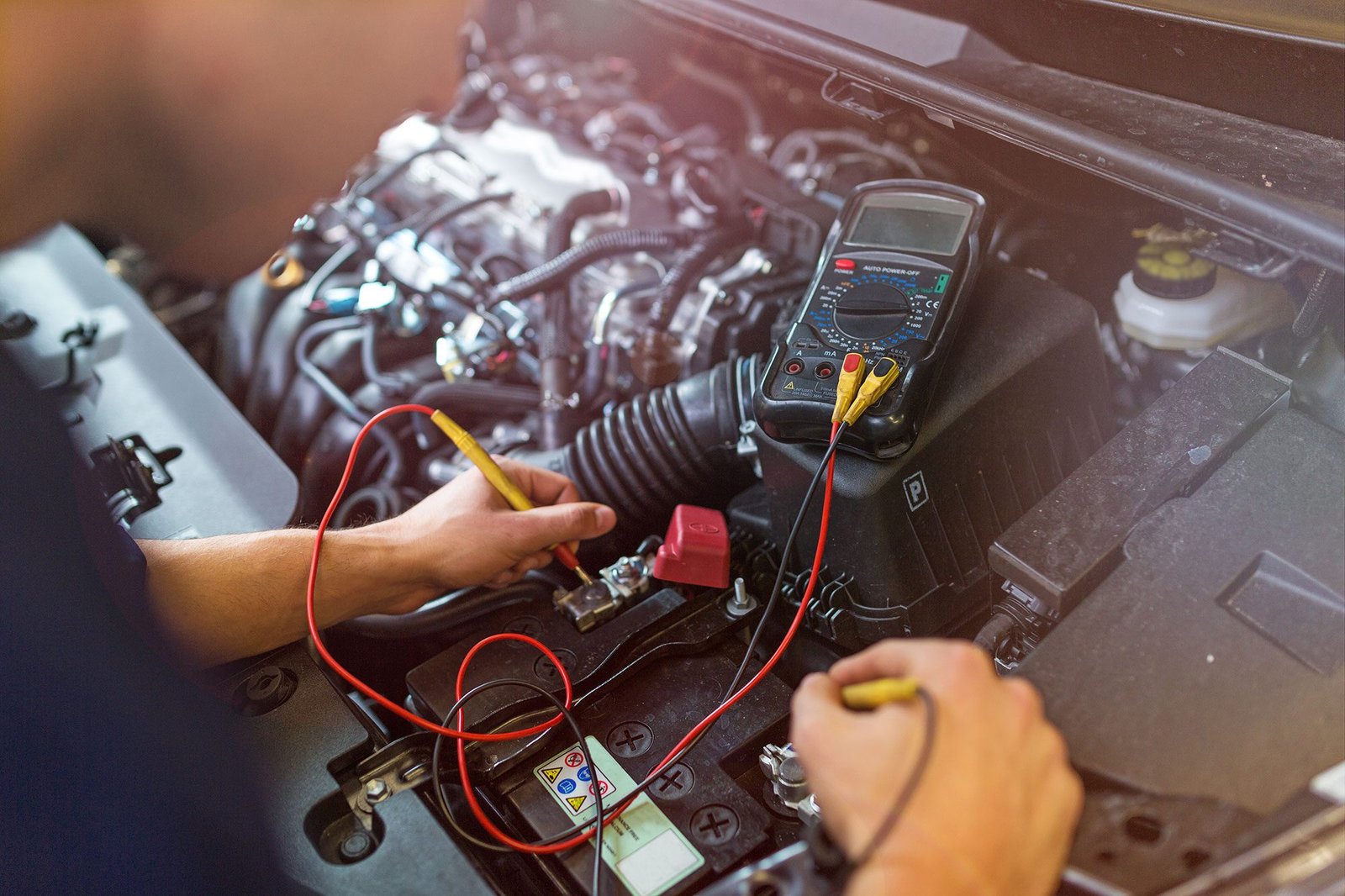The Beginning
One of the most important steps in the exciting process of getting a new car is making a budget that you can stick to. Your budget for getting a car not only affects the type of car you can get, but it also has a big impact on your general financial health. Let’s talk about the most important parts of making a budget for getting a car.
Getting to know your money situation
2.1 Taking a Look at Your Income
Take a close look at your pay before you get into cars. Figure out how much money you make each month and each year so you have a good idea of how much money you have.
2.2 Figuring Out Costs
Make a list of all the things you need to buy every month, like food, bills, and other basics. Finding out what you normally spend money on is the first step in making a budget that won’t put too much strain on your finances.
2.3 Taking savings into account
Don’t forget to think about how much you want to save. Setting aside some of your budget for savings will help you keep your finances in good shape, even after you buy your dream car.
Looking into car prices
3.1 Prices of Vehicles
Find out how much the cars you’re interested in cost. Compare the features and prices of both new and used choices to make an informed choice.
3.2 Extra Costs (Taxes, Insurance, etc.)
Think about the costs that go beyond the car’s price, such as insurance, taxes, and licence fees. These costs that you might not think about as much can have a big effect on your spending.
3.3 Ways to Pay for It
Look into the different ways you can get credit. Before you choose a loan, lease, or dealer funding, it’s important to know the pros and cons of each. This will help you make the best financial decision.
Setting Goals That Are Doable
4.1 Price Range
Make goals that are attainable based on your cash situation. You shouldn’t let the desire for a fancy car push you to spend a lot of money.
4.2 Financial Goals for the Future
When making your budget for getting a car, think about your long-term financial goals. Make sure that the buy fits in with your long-term goals.
Looking at Various Financing Options
5.1 Lending money
If you want to borrow money, look around for the best interest rates. Over the course of the loan, a cheaper interest rate can save you a lot of money.
5.2 Renting
Leasing is an option to buying something, and the monthly costs are cheaper. However, it’s important to know the rules and any possible restrictions.
5.3 Lend Money from Dealers
A lot of the time, dealers offer finance choices. Make sure you fully understand the terms and conditions so there are no shocks when you go to buy something.
Talking and Making Changes to the Budget
6.1 How to Bargain
It’s a good idea to learn how to negotiate the price. Be sure of yourself, find out how much the car is worth, and don’t be afraid to walk away if the deal doesn’t work out.
6.2 Making changes to the budget is very important. If the talks don’t go as planned, be ready to change your budget or look into other ways to get the money you need.
Getting Ready to Buy 7.1 Making the Purchase
Make sure you have all the paperwork you need and are ready to negotiate before you go to the store. When you’re getting a car, knowledge is your friend.
7.2 Putting the Deal Together
Make sure you fully understand all of the terms and conditions before signing the contract. Make sure that the price and terms of the loan fit within your budget.
Thoughts on Money After the Purchase
8.1 Reevaluating the budget
Once you’ve bought something, you should look at your budget again to account for any changes in your spending or finances. Staying cautious is the best way to keep your finances stable.
8.2 Fund for emergencies
Keep a backup fund handy even after you buy something. Costs can come up out of the blue, so having a financial safety net is important for your peace of mind.
How to Keep Your Long-Term Budget in Check
9.1 Regular Checks:
Check your budget often and make changes as needed. Things happen in life that require changes to your budget.
9.2 Looking at Expenses Again
As your finances change, you should look at your spending again. This ongoing process keeps your car an advantage that you can enjoy for a long time.
In conclusion
Making a detailed but rewarding budget for getting a car is a must. You set yourself up for a good buy by learning about your finances, how much cars cost, and your funding choices. Remember that being flexible and reviewing your spending on a regular basis are important for your long-term financial health.
FAQs 11.1 How do I figure out how much money I can spend on a car?
To make the right budget, you need to look at your income, your spending, your savings, and your long-term financial goals. It’s important to find a good mix between how much the car costs and the features you want it to have.
11.2 What should I think about when figuring out how much money I have for a car budget?
Think about how much money you make each month and each year to make sure you have a good idea of your financial situation. To make a complete budget, list all of your normal costs and any savings you have.
11.3 Are there any secret costs I should know about when I buy a car?
Yes, you should think about costs other than the car’s buying price, such as insurance, taxes, registration fees, and possible repair costs. You can make a better budget if you know about these secret costs.



